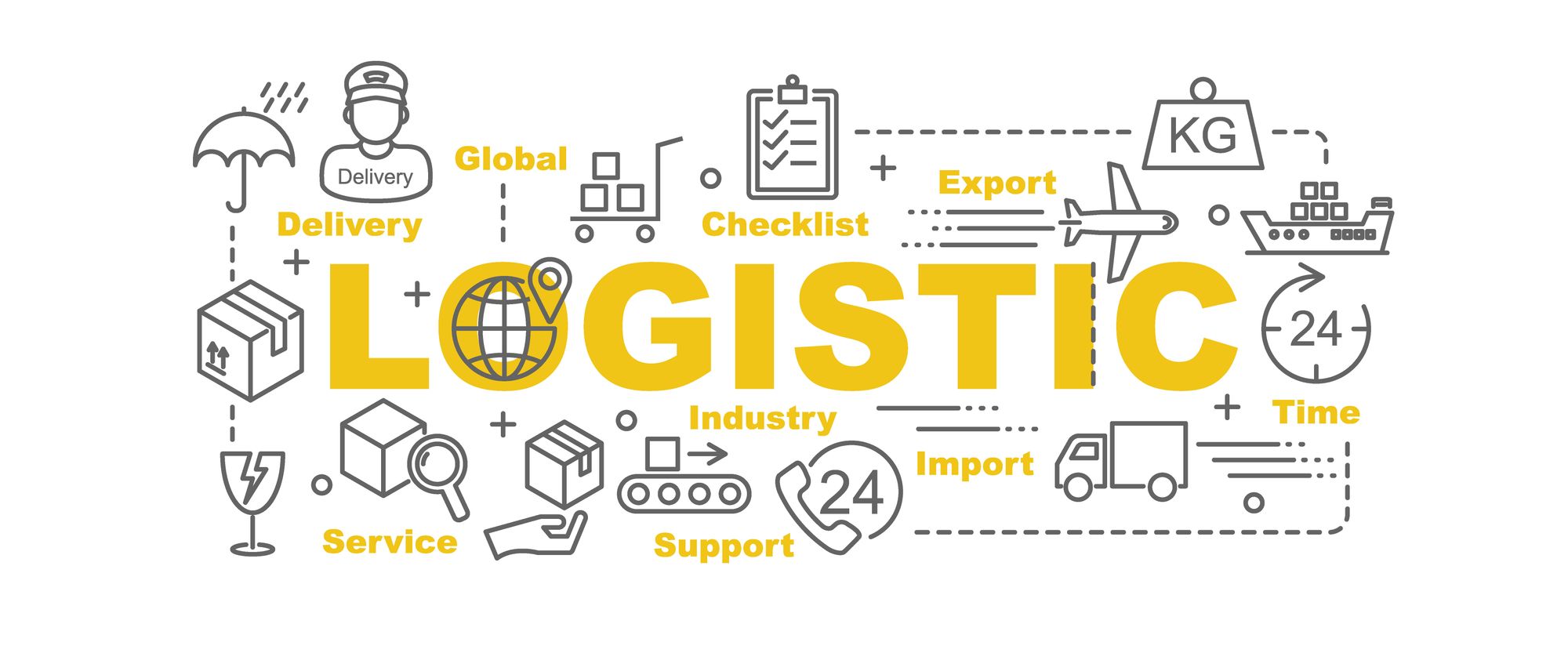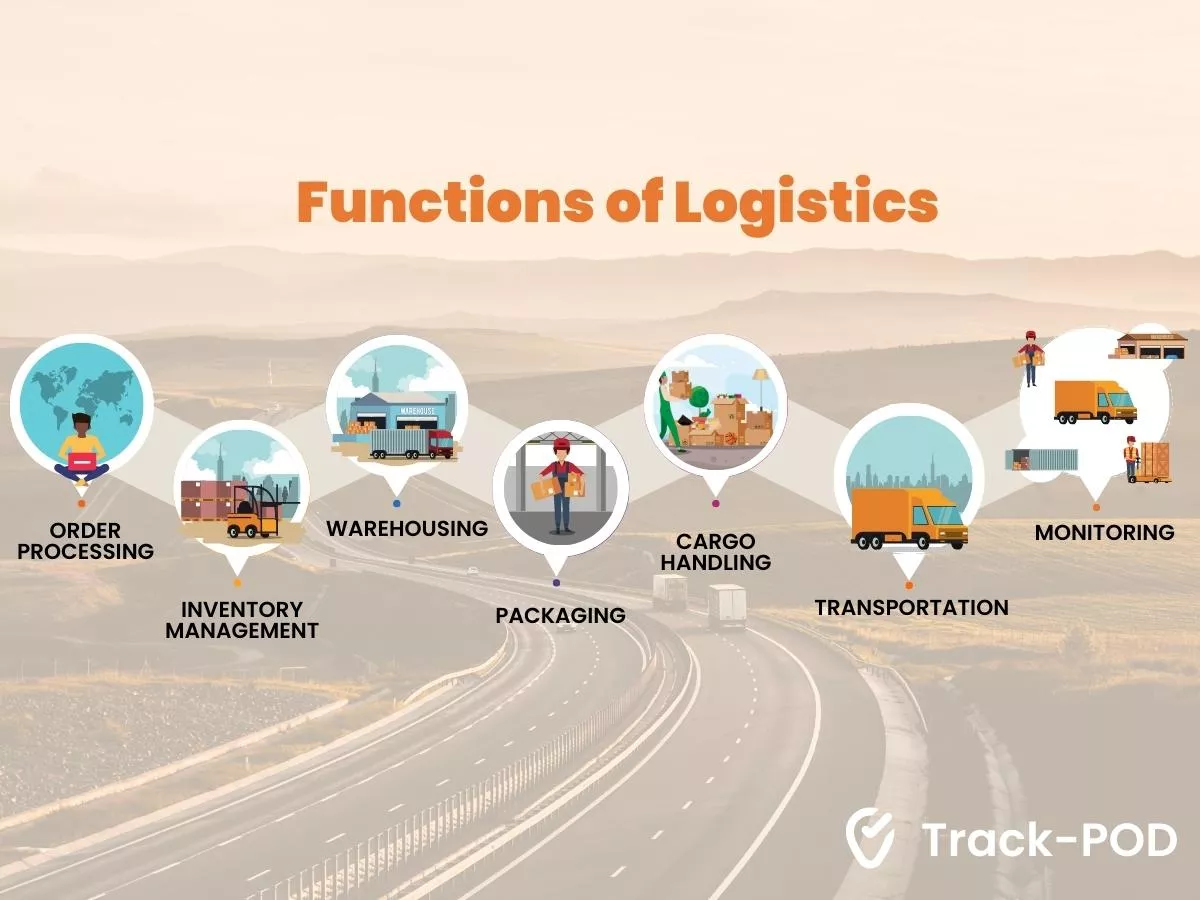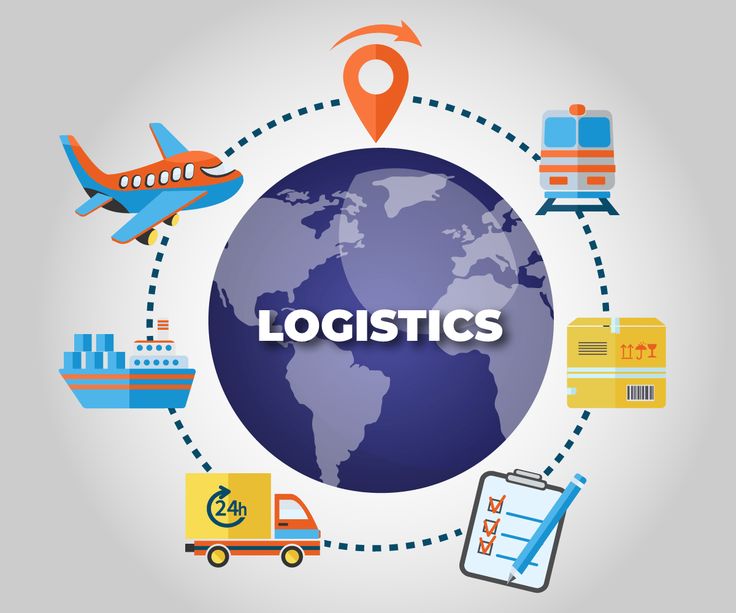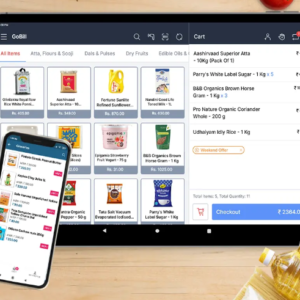Logistic Solution Management
Logistic solution management is like a digital conductor for your supply chain. It uses software to automate tasks, optimize processes, and track everything from orders to deliveries, making your logistics run smoother and saving you time and money.

Functions of Logistic
Logistics is all about efficiently managing the flow of goods from origin to destination. It involves a wide range of functions that work together to ensure smooth and cost-effective delivery. Here are some key functions of logistics:
Transportation: This involves planning and executing the movement of goods from one location to another. It can involve various modes of transport like trucks, ships, airplanes, and trains.
Warehousing: This refers to storing goods safely and securely until they are ready to be shipped. Warehouses also play a role in packaging and labeling goods for shipment.
Inventory Management: This involves tracking stock levels, forecasting demand, and ordering new inventory to avoid stockouts.
Order Processing: This involves receiving and processing customer orders, checking inventory availability, and scheduling shipments.
Material Handling: This involves the safe and efficient movement of goods within a warehouse or distribution center. It can involve manual labor or specialized equipment.
Packaging and Labeling: Goods need to be properly packaged to protect them from damage during transport. Labels provide important information for shipping and tracking.
Information Management: Logistics relies heavily on information technology to track inventory, manage shipments, and communicate with customers.
Customer Service: Providing excellent customer service is an important part of logistics. This includes keeping customers informed about the status of their orders and resolving any issues that may arise.

Types of logistic solution management :
Logistics solution management refers to the process of planning, implementing, and controlling the movement and storage of goods along the supply chain. There are several different types of logistics solution management, each with its own focus and objectives. Here are the most common ones:
1. Inbound Logistics
Inbound logistics deals with the management of the flow of goods from suppliers to a company’s manufacturing or distribution facilities. This includes activities such as purchasing, transportation, receiving, and storage of raw materials, components, and finished goods. Effective inbound logistics management can help businesses reduce costs, improve inventory control, and ensure a steady supply of materials for production.
2. Outbound Logistics
Outbound logistics focuses on the movement of finished goods from a company’s manufacturing or distribution facilities to customers. This includes activities such as order fulfillment, packaging, shipping, and delivery. Effective outbound logistics management can help businesses improve customer satisfaction by ensuring timely and accurate deliveries.
3. Reverse Logistics
Reverse logistics is the process of managing the return flow of goods from customers back to a company. This can include activities such as product returns, recycling, and disposal. Effective reverse logistics management can help businesses reduce costs, improve customer satisfaction, and comply with environmental regulations.
4. Third-Party Logistics (3PL)
Third-party logistics (3PL) providers offer a wide range of logistics services to businesses, such as warehousing, transportation, and order fulfillment. Businesses can use 3PL providers to outsource some or all of their logistics operations, which can help them reduce costs, improve efficiency, and focus on their core competencies.
5. Fourth-Party Logistics (4PL)
Fourth-party logistics (4PL) providers are lead logistics providers that offer a comprehensive suite of logistics services to businesses. 4PL providers go beyond the services offered by traditional 3PL providers by providing strategic planning, integration of logistics operations across different suppliers and providers, and performance measurement.
6. Transportation Management
Transportation management is the process of planning, implementing, and controlling the movement of goods. This includes activities such as selecting carriers, negotiating rates, routing shipments, and tracking deliveries. Effective transportation management can help businesses reduce costs, improve efficiency, and ensure timely deliveries.

FEATURES
Logistic solution management software helps businesses streamline and optimize their entire supply chain. Here are some of the key features to look for:
Order Management: Automate tasks like order processing, scheduling, tracking order status, and generating bills. This ensures efficiency and reduces manual errors.
Inventory Management: Track inventory levels in real-time, optimize stock replenishment to meet demand, and minimize storage costs.
Transportation Management: Optimize transportation schedules and routes, compare rates and services from different carriers, and track shipments in real-time.
Warehouse Management: Manage warehouse space efficiently, optimize picking and packing processes, and ensure the smooth flow of goods.
Real-time Tracking: Track the location and status of shipments in real-time, providing transparency for both businesses and their customers.
Reporting and Analytics: Generate reports on key metrics like delivery times, inventory levels, and transportation costs. This data can be used to identify areas for improvement.
Scalability: Choose a solution that can scale with your business needs, as your operations grow and your supply chain becomes more complex.
FAQs
Q: What is logistic solution management software?
A: It helps businesses streamline their supply chain by automating tasks and optimizing processes like order management, inventory control, and transportation.
Q: What are the benefits of using logistic solution management software?
A: Increased efficiency, reduced costs, improved transparency, better customer experience, and easier data-driven decision making.
Q: What are some key features of logistic solution management software?
A: Order management, inventory management, transportation management, warehouse management, real-time tracking, reporting & analytics, and scalability.
Q: Is there software that can help plan delivery routes?
A: Yes, some solutions offer route optimization features that consider factors like traffic and distance.
Q: Can I manage shipments using multiple transportation methods (truck, air, etc.)?
A: Yes, some advanced software offers multi-modal transportation management functionalities.
- Quality checked by Signimus.com
- Future updates
- 6 months support from Netneu Team
Price is in Indian Rupees and excludes tax and handling fees
This item was featured on Signimus





